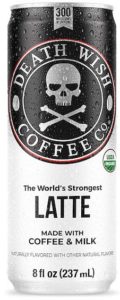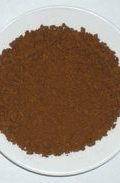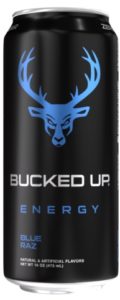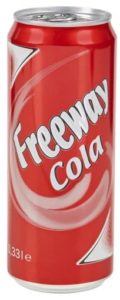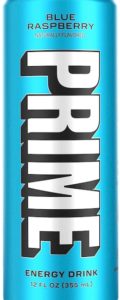Tea (Decaf)

Serving Size
8
fl oz
236
ml
📈 Comparison Chart
High
Med
Low
1800
1500
1200
900
600
300
0
🧐 Tea (Decaf) Dosage Information
Tea (Decaf) contains low amounts of caffeine in it, You may consume upto 5 servings in a day. This Drink contains no sugar in it (Sugar free), Best suitable for people trying to lose weight or people on fasting.
🧃 Ingredients
✅ Your Safe Caffeine Limit
Enter your age:
Enter your weight:
Your results will show here 👇
🤔 About Tea (Decaf)
Decaffeinated Tea refers to black or green tea that has had most of its natural caffeine removed. This process is usually done using either a solvent or water method to extract caffeine from the tea leaves. The resulting decaf tea still maintains the flavor and aroma of regular tea, but with significantly less caffeine content. This makes it a great option for those who are sensitive to caffeine or looking to reduce their caffeine intake.
One serving of decaf tea, typically an 8 fl oz cup, contains around 4 mg of caffeine, which is significantly lower than regular tea.
Decaf tea is also a great option for those following a calorie-conscious diet, as it contains 0 calories and 0 grams of sugar.
📝 Frequently Asked Questions
1. How Long Does It Take to Kick In?
Due to the low caffeine content in decaf tea, it does not have an immediate kick-in time like regular caffeinated beverages. Instead, the effects of decaf tea are subtler and take longer to manifest.
2. How Long Does It Stay in your body?
The small amount of caffeine in decaf tea is usually metabolized and excreted from the body within 3-5 hours, making its effects short-lived compared to regular caffeinated drinks.
3. Will it affect your sleep cycle?
Since decaf tea contains very low levels of caffeine, it is unlikely to disrupt your sleep cycle like regular caffeinated beverages would. However, individuals who are extremely sensitive to caffeine might still want to avoid consuming decaf tea close to bedtime.
4. Can It Cause Heart Issues?
Decaf tea, with its minimal caffeine content, is generally considered safe for heart health. It does not pose the same risk of elevated heart rate or blood pressure that can be associated with high-caffeine drinks.
5. Can it make you anxious?
Given its low caffeine content, decaf tea is not likely to cause the same level of anxiety or jitters that can be experienced with regular caffeinated drinks. Individuals who are sensitive to caffeine may still want to consume decaf tea in moderation.
🍶 Similar Drinks

Diet Pepsi
Caffeine: 35mg
Serving: 354ml
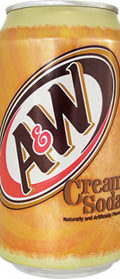
A&W Cream Soda
Caffeine: 0mg
Serving: 354ml

K Cup Decaf
Caffeine: 4mg
Serving: 236ml
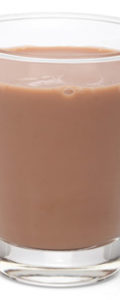
Chocolate Milk
Caffeine: 2.5mg
Serving: 236ml

Coca-Cola Classic
Caffeine: 34mg
Serving: 354ml

